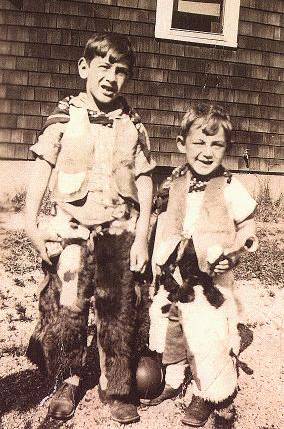Elder vs Older
Although there is a difference between the terms elder and older, they are often used interchangeably, leading to confusion in their usage. Both words are used as comparatives to describe seniority by age between two people. Elder and older are both adjectives, but elder can also be used as a noun. The word elder originates from the Old English words ieldra and eldra, while the word older comes from the Old English word ald.
What does Elder mean?
Elder and eldest are typically used before words like brother, sister, son, daughter, grandson, and granddaughter. For example: “My elder brother is in the States” and “My elder grandson is in college.” In both sentences, the word elder is used with the nouns brother and grandson to convey a comparative idea. The word elder is often used in formal writing to describe a person who is older than someone else.
What does Older mean?
The primary difference between older and elder is that the word older is more informal than the word elder. For example: “My older brother is in the States” and “My older grandson is in college.” In both sentences, the word older is used similarly to elder, meaning someone older than the speaker. However, older is used more commonly in spoken language, while elder is more formal. Sometimes older is used to suggest “advanced by age,” as in the sentence “My older sister lives in England,” which implies that the sister is no longer young in age.
Key Takeaways
- The main difference between older and elder is that older is more informal than elder.
- Elder is typically used in formal writing to describe a person who is older than someone else.
- Older is sometimes used to suggest “advanced by age.”
